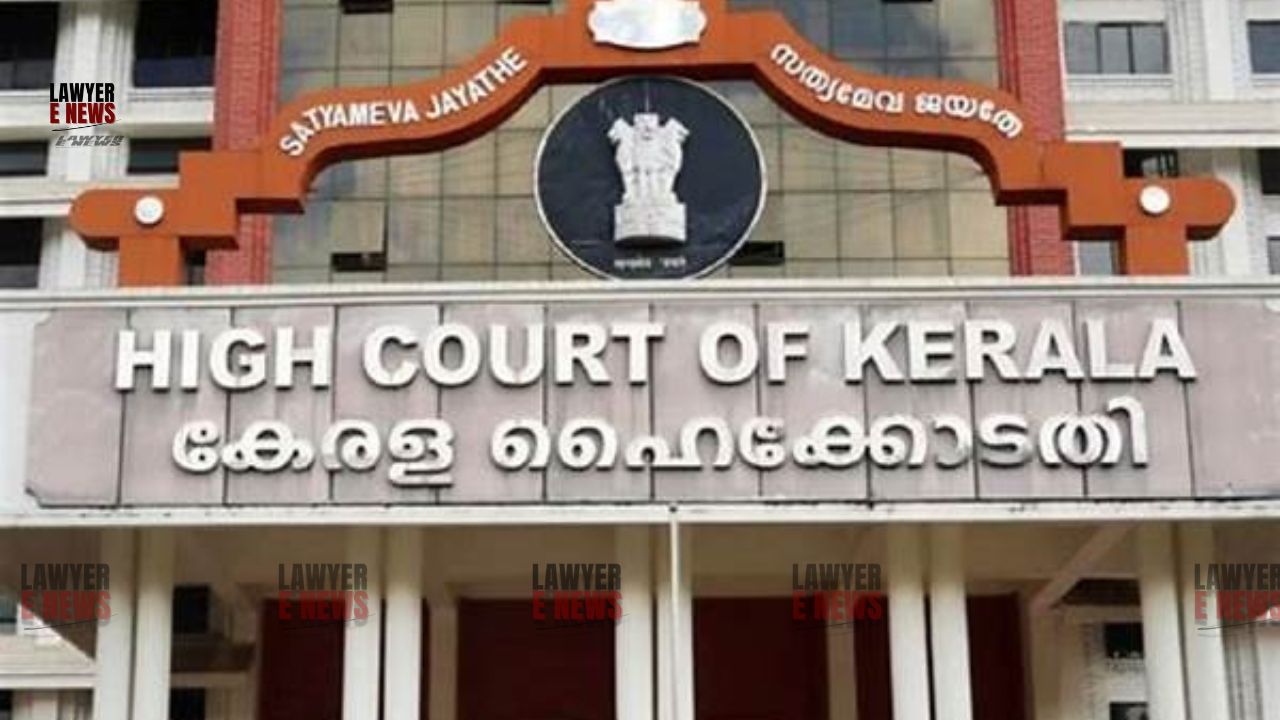-
by Admin
15 February 2026 5:35 AM



Kerala High Court in Crl.M.C. No. 6180 of 2017 quashed the charges under Section 23 of the Juvenile Justice (Care and Protection of Children) Act, 2000 against two parents, Suresh and Remya, who were accused of exposing their 3-year-old child to extreme weather conditions during a protest. The court ruled that the prosecution lacked evidence of the necessary willful intent to cause harm to the child, which is a crucial element under Section 23 of the Act.
The petitioners, Suresh and Remya, had lost another child in 2016 due to alleged medical negligence at a government hospital. In protest, they demonstrated in front of the Government Secretariat in Thiruvananthapuram for 59 days, demanding financial compensation. On May 3, 2017, police intervened after noticing the couple sitting with their 3-year-old child under the scorching sun. The police registered a case under Section 23 of the JJ Act, alleging cruelty towards the child for exposing them to harmful conditions during the protest.
The key legal issue revolved around whether the actions of the parents constituted cruelty under Section 23 of the JJ Act, 2000. This section penalizes those who willfully neglect a child in a manner that causes or is likely to cause unnecessary mental or physical suffering. The Court had to determine if the petitioners' actions amounted to willful neglect or if they simply lacked the intention to harm their child.
The Court observed that it has become a trend for children to be involved in protests, often without understanding the purpose. This exposes them to several risks, including extreme weather conditions, potential violence, and emotional trauma. Justice P.V. Kunhikrishnan emphasized that children should be allowed to enjoy their childhood instead of being involved in adult protests. He stated, “Children are not only the assets of the parents but also of society”, calling on parents to avoid exposing minors to such situations.
Justice Kunhikrishnan referred to previous judgments, including Amal v. State of Kerala (2020) and Muhammed Nizam P. v. State of Kerala (2024), to underline that mere exposure of a child to uncomfortable circumstances does not necessarily imply criminal intent under Section 23 of the JJ Act. For an act to constitute an offense, there must be a willful intention to cause unnecessary suffering.
Upon reviewing the case, including the police diary, the court found no evidence suggesting that the petitioners intended to cause their child any mental or physical suffering. While the protest conditions were not ideal for a child, the court ruled that the prosecution failed to establish the requisite mens rea (criminal intent) under the JJ Act.
Although the protest may have been ill-advised, the court acknowledged that the parents were driven by the loss of their other child and the subsequent failure of the authorities to compensate them. The Court quashed the proceedings but issued a cautionary note, warning that future instances of children being involved in protests could warrant strict legal action.
The Kerala High Court concluded that, while involving children in protests is inadvisable, the petitioners did not willfully subject their child to harm. Thus, the prosecution against them was quashed. However, the court reiterated that this decision should not be used as a precedent to condone such behavior in the future.
Date of Decision: September 24, 2024
Suresh & Another v. State of Kerala
